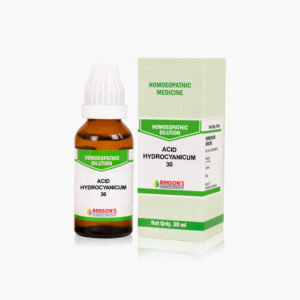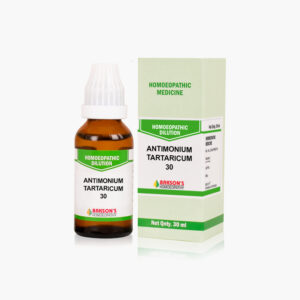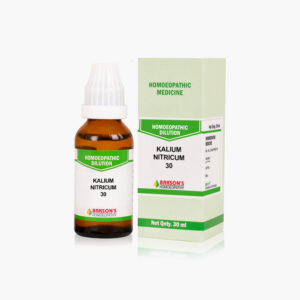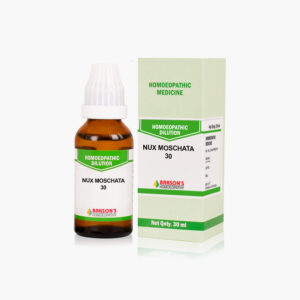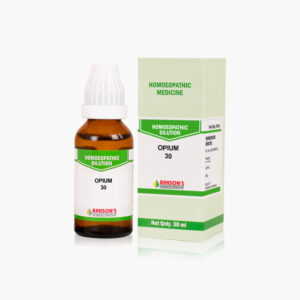What is Narcolepsy?
Narcolepsy is a disorder of rapid onset of rapid eye movement (REM) sleep characterized by excessive daytime sleepiness (EDS), frequent uncontrollable sleep attacks as well as sleep fragmentation. It is also associated with cataplexy (a sudden, brief loss of voluntary muscle tone triggered by strong emotions), hypnagogic hallucinations (imagining realistic objects or events right before falling asleep), and sleep paralysis (feeling of being unable to move, either at the onset of sleep or upon awakening).
The two main types of narcolepsy are-
- Narcolepsy Type 1 (formerly narcolepsy with cataplexy)
- Narcolepsy Type 2 (formerly narcolepsy without cataplexy)
The symptoms typically begin in the second decade and the prevalence is 1 in 2000.
Aetiology
Type 1 narcolepsy has a genetic association and the patients are positive for HLA DQB1*0602. It is also hypothesized that the loss of hypothalamus neurons that contain a neuropeptide hypocretin called as orexin responsible for maintaining the sleep wake cycle, is the key factor in the causation. The cause of Narcolepsy type 2 is not yet elicited.
Sign and symptoms
Patients present with moderate to severe daytime sleepiness. Apart from this, following sign and symptoms have been implicated-
- Difficulty in waking in the morning
- Rebound sleep on weekends and vacation with improvement in sleepiness
- Cataplexy (sudden, bilateral muscle weakness lasting a few seconds to minutes triggered by an emotional stimuli)
- Sleep paralysis
- Hypnagogic hallucinations (visual, auditory or tactile dream like experiences occurring when the patient is falling asleep)
- Obesity and snoring
- Restless legs and kicking movements during sleep
Diagnosis
The only required symptom for the diagnosis of narcolepsy is daily, irrepressible, rapid lapses into REM sleep known as “sleep attacks” that are present for at least three months. According to DSM V criteria, in addition one of the following must be present-
- Hypocretin deficiency
- Episodes of cataplexy occurring at least several times a month
- REM sleep latency of fewer than 15 minutes or two or more sleep-onset REM periods (SOREMPs) and a mean sleep latency of fewer than 8 minutes.
If the patient is getting a minimum of 6 hours of sleep per night, then a reasonable next step is a polysomnogram (PSG) to rule out other possible sleep disorders such as sleep apnea.
General management
Behavioural modifications are important for the management of narcolepsy non pharmacologically. 15-20 minutes long naps must be scheduled throughout the day. Also, adequate nocturnal sleep is recommended. Apart from this, following measures must be taken-
- Provide emotional support
- Provide mental health counselling
- Assist with disability forms and obtaining medications
- Educate about the harms of alcohol and illicit drug use
- Follow a regular sleep/wake schedule. Go to bed and wake up at about the same time every day. Avoid intentional sleep loss, such as staying awake late on weekends.
- Keep the bedroom quiet, dark, cool and comfortable. Do not watch TV or bring computers or phones into bed.
- Avoid alcohol and caffeine (colas, coffee, teas, energy drinks and chocolate) for several hours before bedtime.
- Avoid smoking, especially in the evening.
- Exercise at least 20 minutes per day. Do not exercise within 3 hours of bedtime.
- Do not eat large, heavy meals or a lot of liquids close to bedtime.
- Relax before bedtime. Take a warm bath, meditate, perform some gentle yoga moves, listen to soft music, and be exposed to relaxing scents such as peppermint, eucalyptus, or lavender.
- Take short naps, 20 to 30 minutes at times, when feeling most sleepy, if possible.
Warning: Above information provided is an overview of the disease, we strongly recommend a doctor’s consultation to prevent further advancement of disease and/or development of complications.
Disclaimer: The information provided herein on request, is not to be taken as a replacement for medical advice or diagnosis or treatment of any medical condition. DO NOT SELF MEDICATE. PLEASE CONSULT YOUR PHYSICIAN FOR PROPER DIAGNOSIS AND PRESCRIPTION.



 Login
Login

